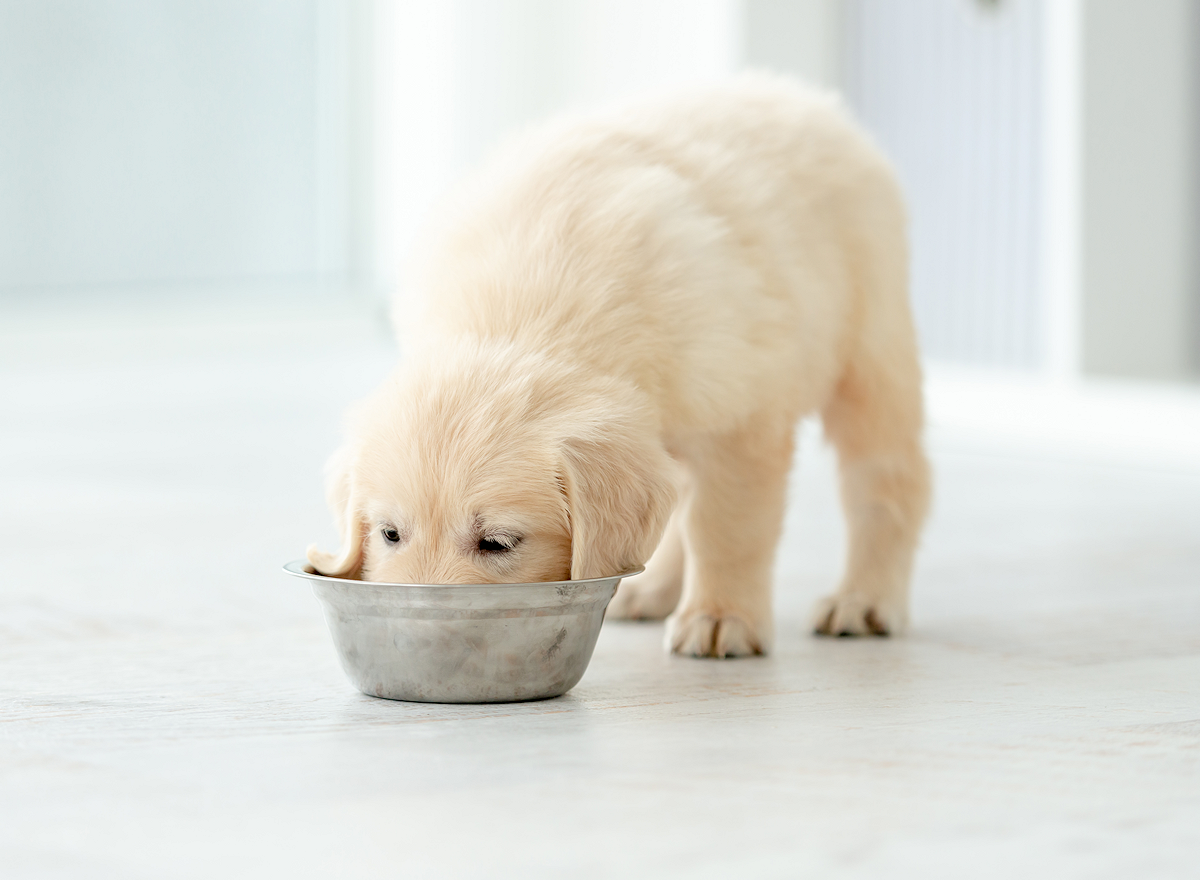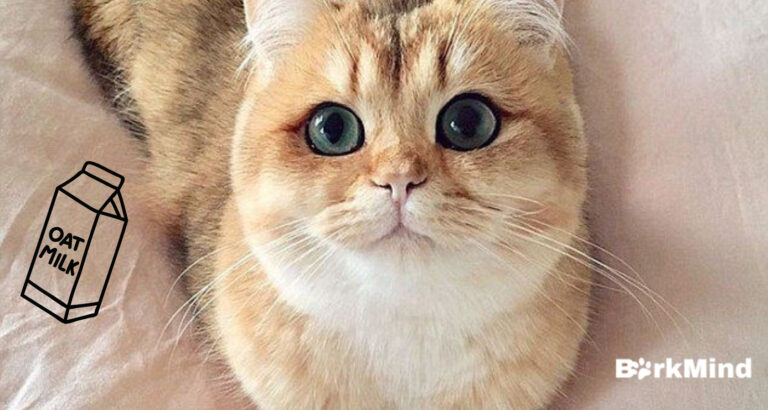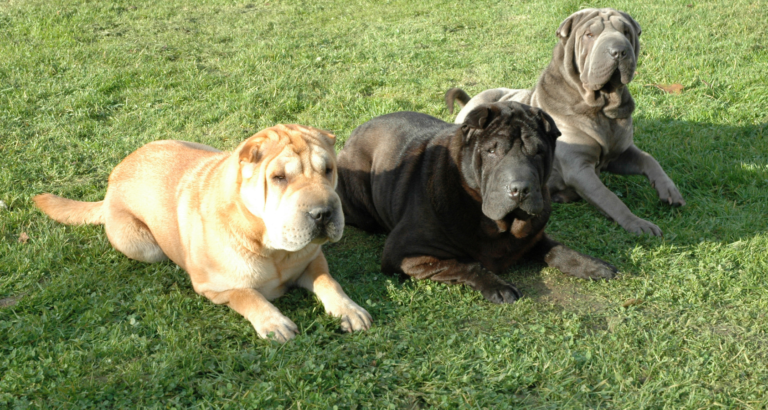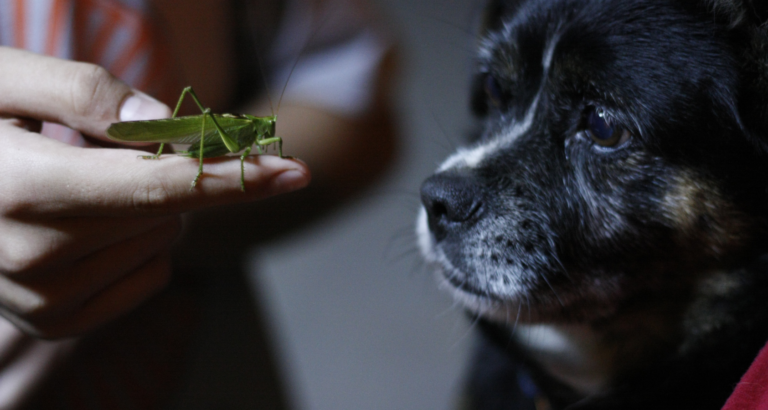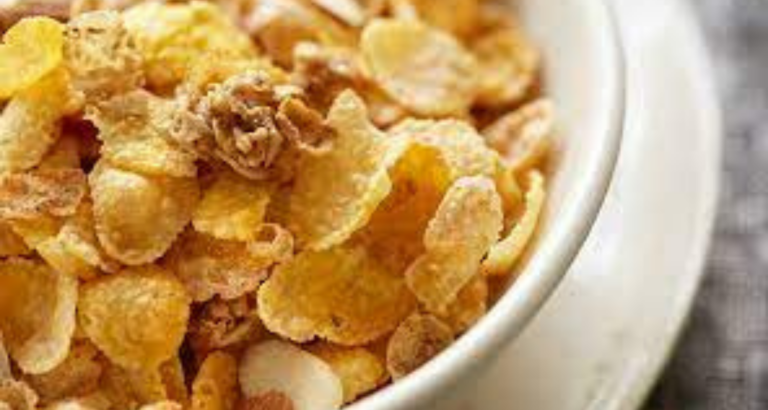When Can Puppies Eat Adult Dog Food?
This post may contain affiliate links. If you click and buy we may make a commission, at no additional charge to you.
When can puppies eat adult dog food?
As a dog owner, you want to ensure that your furry friend is getting the proper nutrition for their healthy growth and development by eating the right diet. One concern you are likely to encounter is when to switch them from puppy to adult dog food.
Making the switch too early or too late can lead to inadequate nutrition and health problems so it is best to keep them on puppy food until they reach adulthood. In this article, we’ll explore the all-too-common concerns that dog owners have when it comes to switching from puppy to adult food.
Key Summary
- Puppy food is specifically formulated to provide a higher level of nutrients that are needed for healthy growth and development.
- Switching a puppy to an adult dog food diet can lead to health problems and obesity.
- When transitioning from puppy to adult dog food, it should be done gradually to avoid digestive upset.
Can puppies eat normal dog food?
Puppies can eat normal dog food, but it’s important to choose a high-quality dog food that is appropriate for their life stage and meets their specific nutritional needs. Puppy food is specifically formulated to provide the higher levels of nutrients, such as protein and fat, that puppies need for healthy growth and development.

Whilst adult dog food isn’t necessarily bad for puppies, it might not provide them with the specific levels of nutrients, such as protein, fat, and calcium that they need for healthy growth and development. If a puppy is reaching the end of their growth phase, then a high-quality, adult dog food may be sufficient but you would be best to consult a vet before making this change.
Switching a puppy to adult dog food too early or feeding them an inappropriate diet can lead to health problems such as skeletal abnormalities and obesity so ultimately, it is best to stick to puppy food that is specifically formulated to their needs until they reach adulthood.
Key differences between puppy and adult dog food
Puppy food is typically formulated to provide higher levels of certain minerals and vitamins that are essential for healthy growth and development. These include:
Calcium: Puppies require more calcium than adult dogs to support the development of strong bones and teeth.
Phosphorus: Phosphorus is also important for bone development and is found in higher levels in puppy food.
Protein: Puppies need more protein than adult dogs to support the growth and repair of their tissues and muscles.
Fat: Puppies require higher levels of fat than adult dogs to provide energy for growth and development.
Vitamins: Puppy food may contain higher levels of vitamins such as vitamin A, vitamin D, and vitamin E, which are important for vision, immune function, and overall health.
Calories: Puppy food has more calories than as they have higher energy levels that need supporting. Adult dog food tends to be lower in calories to prevent overfeeding and obesity.
In contrast, adult dog food is formulated to provide lower levels of these nutrients to prevent over-supplementation, which can lead to health problems such as skeletal abnormalities and obesity. Adult dog food may also contain different types of fibre to support digestive health.
It’s important to choose a high-quality dog food, either wet or dry, that is appropriate for your dog’s life stage and meets their specific nutritional needs. Discuss with your vet to determine the best diet for your pet.
What to consider before transitioning a puppy to adult dog food
When deciding when to transition your puppy to adult dog food, there are several important factors to consider. These include:
- Age and size of the puppy- Puppies grow at different rates depending on their breed and size. Generally, smaller breeds mature more quickly than larger breeds. As a general guideline, puppies can start transitioning to adult dog food between 6 and 12 months of age, depending on their size and breed.
- Breed and activity level- Different breeds have different nutritional requirements. Some breeds are more active than others and require a diet that provides them with more calories and protein. Working dogs, such as hunting or herding breeds, may require a diet that is higher in fat and protein to support their energy needs.
- Health status and any special dietary needs- Puppies with certain health conditions, such as allergies or digestive issues, may require a specialised diet. Your veterinarian can help you determine if your puppy has any special dietary needs and recommend an appropriate diet for them.
How to switch from puppy to adult dog food | Step by Step Guide
When making the transition from puppy to adult dog food, it’s important to do it gradually to avoid upsetting your dog’s digestive system. Here are some steps you can follow:
- Consult with your veterinarian
Before making any changes to your dog’s diet, it’s always a good idea to consult with your veterinarian to make sure that your dog is healthy and ready for the transition.
- Introduce new food gradually
Start by mixing a small amount of the new adult dog food with your puppy’s current food and gradually increase the amount over a period of 7-10 days until your dog is only eating the new food.
- Monitor your dog’s response
During the transition period, closely monitor your dog’s response to the new food. Look for any signs of vomiting, diarrhoea, or loss of appetite. If you notice any of these signs, slow down the transition process and go back to the previous step for a few more days.
- Adjust portion size
Adult dog food typically has higher calorie content than puppy food so you may need to adjust the portion sizes to avoid overfeeding.
- Stay consistent
Once your dog has successfully transitioned to the new adult dog food, stick with it as switching back and forth can cause digestive upset.
Frequently Asked Questions
What happens if a puppy eats adult dog food?
If a puppy eats adult dog food occasionally, it is unlikely to cause any serious harm. However, if the puppy eats adult dog food exclusively over a prolonged period, it may lead to nutritional imbalances or deficiencies, which can affect their growth and development.
Puppy dog food has higher levels of certain nutrients such as protein, fat, and calcium, compared to adult food that are essential for growth and development. If a puppy eats only adult dog food, they may not get enough of these nutrients, which can lead to problems such as stunted growth, weak bones, and weakened immune system.
How long is a dog considered a puppy?
The length of time that a dog is considered a puppy varies depending on their breed and size. In general, most dogs are considered puppies from birth to about one year of age. However, larger breed dogs may take longer to reach adulthood and may be considered puppies until they are 18-24 months old.
Summary
Proper nutrition is vital for the healthy development of puppies. Choosing a high-quality dog food that meets their nutritional needs is crucial. Puppies require more protein, fat, calcium, phosphorus, and vitamins than adult dogs. Transition to adult dog food should be gradual, considering factors like age, size, breed, and activity level. Consulting with a vet can help determine the best diet for your puppy.
About The Author
Mother, Certified animal Behaviorist who loves pets. Has two dogs and a cat. Trained veterinarian and loves to write about her experiences.

